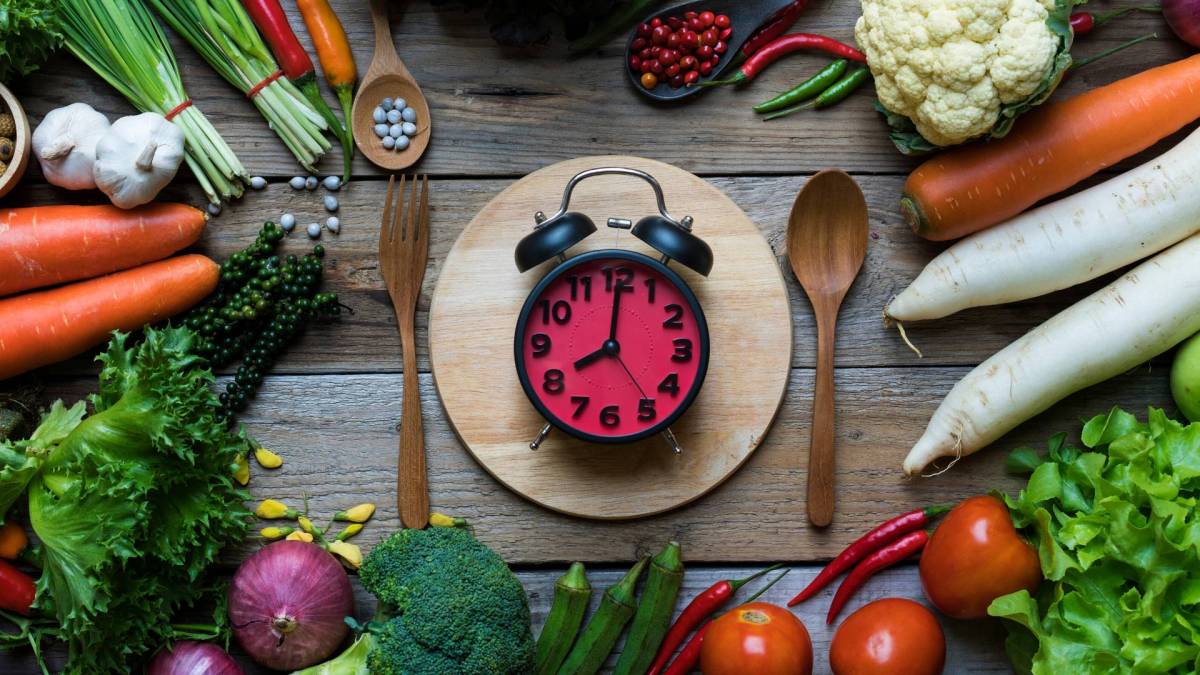On Monday, July 1, I met with Zeki Kılıç who was providing information about healthy nutrition to the EKİP project members at İstanbul Bilgi University. We talked about his nutrition consultancy services.
“ The important thing is to have a sustainable diet at the end of the road.”
Kılıç
Meet nutrition and diet specialist Zeki Kiliç
Zeki Kılıç graduated from Marmara University, Faculty of Health Sciences, Department of Nutrition and Dietetics. He provides individual and institutional nutrition consultancy in his office which he established three years ago in Ümraniye. Kılıç says that he works with a holistic approach and his main mission is to provide “awareness”.
Kılıç emphasizes that as long as the amount and frequency are adjusted, one can consume any food he wants

Global approach
Zeki Kılıç is not only interested in the nutrition of his clients but also in their physical activity and mental state. He determines which nutrients are good for each client and their ideal weight. He works in a different way from the usual methods when going to the weight target they set: “Normally people lose ten-twenty kilos with 1000-1300 calorie diets. However, we see that they regain their weight and none of them are sustainable. When a person quits dieting, and returns to ‘real life’, he takes a cheesecake or iskender kebab outside and takes 1000 calories; that is the calories he normally takes in a day on a diet. So we don’t use this system.
Weight & energy
We start with a balanced program. Then there is the adaptation program, and finally there is the phase of weight protection. We start with low calories in balancing. The body of a person who cannot lose weight does not work well, which means that he cannot burn many calories. So we start with 1000-1300 calories, but we increase the calories during the weight-saving phase and we also change the content. For example, during the balancing week there is not much pasta, not much carbohydrates. We slowly add pasta, pizza, and even when we get to the end of the road, if the person is consuming alcohol, we add it too and make the adaptation phase very well.”
You should be able to find several indispensable facts about motivation in the following paragraphs. If there’s at least one fact you didn’t know before, imagine the difference it might make. It’s so difficult to go on when everything seems to fail, isn’t it? Are there times in your life when you really want to call it “quits” because you just can’t see any good results from all the hard work you’ve done?
Kılıç says that a consultee who wants to reach 55 kilos from 65 kilos, not only loses weight, but also learns to, for example, consume 2000 calories and to not gain weight throughout. In 2000 calories, even pizza and pasta is included. The important thing is to have a sustainable diet at the end of the road.
Strike the right balance
Kılıç emphasizes that as long as the amount and frequency are adjusted, one can consume any food he wants: “Normally, if a person cannot lose weight in a week, a slice of bread is removed from the program. People ask me, ‘How can you, on the contrary, continue by adding foods, not subtraction?’ The body is a machine and it starts to work better as we meet its needs. As the body works well, we must repay it. For example, when a person starts to move, by taking 10000 steps instead of 5000, their metabolism increases by ten percent. So they would need to have a 1100 calorie intake now. The body works by 60 percent liquid. When we drink water, it is reflected in our metabolism by thirty percent. ”
Zeki Kılıç encourages his clients to being physically active. He says that not only is the diet important, but also one has to pay attention to his/her physical activity and mental state. He states that the body moves with the soul, the mind and the heart, and person’s mood and sleep are very important.
EKİP members listened him with interest, contributed to the speech with their comments and asked questions about the presentation. When we asked of his opinions about EKİP project he said that Turkish cuisine is very healthy, but now the number of home cookers is decreasing and that the cooking of legumes has especially decreased. In this sense, Kılıç finds the idea of our project very interesting and hopes that EKİP would continue to grow in a successful sustainable manner.
As EKİP we would like to thank Zeki Kılıç for his informative presentation and conversation.
